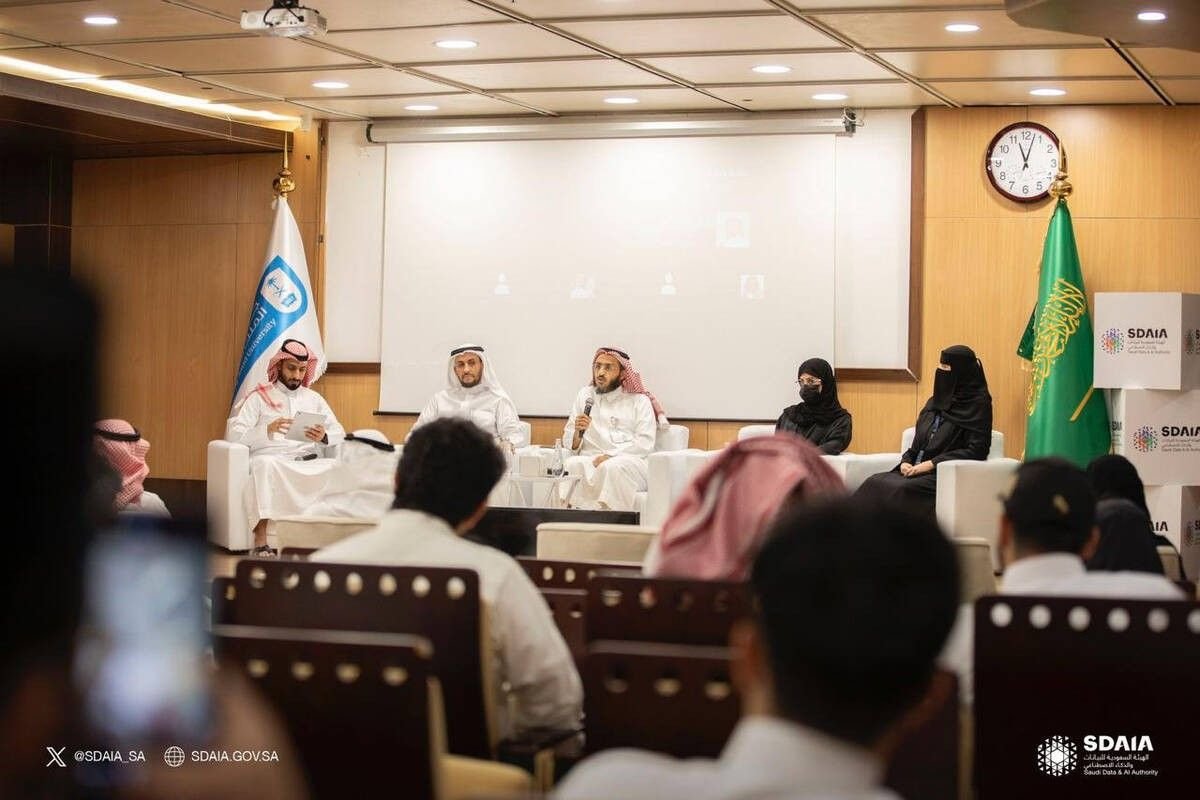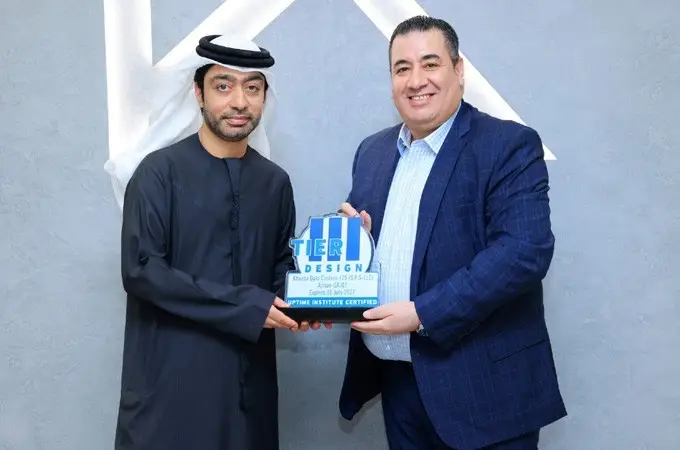King Saud University’s College of Engineering is undergoing a major transformation as it works to produce a new generation of Saudi engineers who design AI systems—not just use them. The university has embedded AI deeply into its curriculum, research, and industry partnerships, aligning the entire engineering ecosystem with Saudi Arabia’s Vision 2030 and its 66 national objectives tied to data and AI.
According to Assistant Professor Abdulelah Alshehri, the goal is to move Saudi Arabia from AI consumption to AI creation by training engineers who understand physics, hardware, data, and machine learning as a single integrated system. This shift recognizes that AI is now central to national competitiveness across energy, defense, communications, materials science, and smart infrastructure.
The transformation is being accelerated through KSU’s new AI for Engineering Center, set to launch in 2025. The center serves as a real-world testbed where students work on AI solutions for energy optimization, autonomous mobility, environmental analytics, and national defense applications. The curriculum has also been redesigned as a bilingual model—teaching engineering through both “physics” and “data” from day one.
Dean Majid Altamimi said this integration ensures graduates are not merely prepared for the future but capable of shaping it. Two advanced AI-driven labs—one for communication networks (including 6G and IoT) and the other for smart materials—are already operational, developed in collaboration with industry to fast-track prototypes and real-world deployment.
KSU is also expanding its international reach with partnerships involving UCL, NUS, Tsinghua University, Shanghai Jiao Tong University, and Zhejiang University. These collaborations will advance joint research, dual-degree programs, and faculty exchanges, strengthening Saudi Arabia’s position as an emerging global innovation hub.
This talent push comes at a pivotal moment. With sovereign cloud platforms, national data strategies, and hyperscale compute deals already in place, Saudi Arabia’s next challenge is building the skilled workforce capable of designing secure 6G networks, autonomous defense systems, AI-optimized energy grids, and next-generation materials.
As Alshehri describes it, nations that engineer AI—not just deploy it—will lead the future. KSU aims to ensure Saudi engineers are the ones defining that future, shaping advanced systems built on curiosity, ethics, and innovation.















